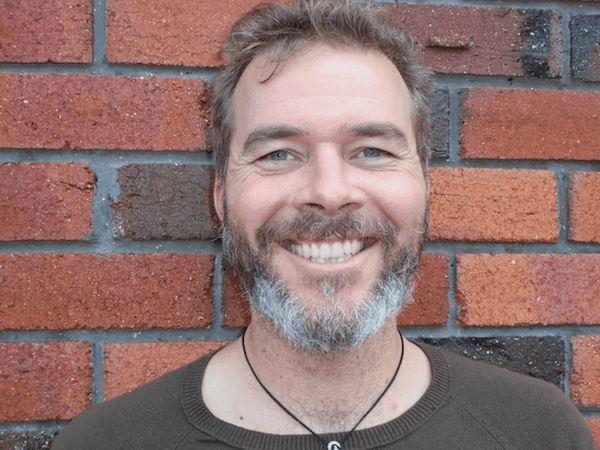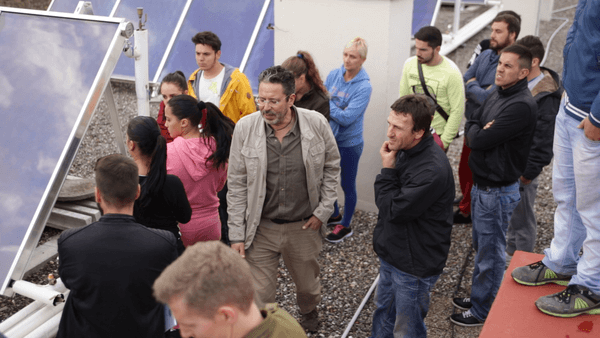The cornerstone of Home GR/OWN is supporting urban renewal through the re-purposing of vacant and abandoned lots, transferring the status of these lots as liabilities on the City's books, into assets. Leveraging partnerships and collaboration within and across City departments, as well as with external stakeholders, is critical to the program's success.
Liaison with City Agencies: The HOME GR/OWN initiative coordinates activities by several City departments and agencies to lower implementation costs and streamline City policies across departments in order to effectively catalyze food system change in Milwaukee neighbourhoods with the greatest demand for access to healthy food.
- Office of the Mayor: Coordination with Strong Neighbourhoods Plan
- Department of City Development: City-owned real estate, site planning, and food policy
- Department of Public Works: Forestry services, composting, lot maintenance
- Milwaukee Healthy Department: Food safety, licensing, and ordinance revisions
- Department of Neighbourhood Services: Permits, and ordinance revisions
- Community Development Grants Administration: Support for HOME GR/OWN staffing
Liaison with External Partners: HOME GR/OWN is working with community businesses and organisations to help connect the dots between local food, health, neighbourhood and economic development work currently taking place. HOME GR/OWN seeks to expand the capacity of this community team and attract the financial resources to take partners’ community-based work to the next level. The program seeks to create new public/private partnerships, catalyze new hope and real street-level change in our most vulnerable neighborhoods across Milwaukee.
Representation on city-wide urban agriculture bodies:
- Milwaukee Food Council steering committee to ensure City collaboration.
- Institute for Urban Agriculture & Nutrition steering committee
- Coordinating vacant lot rehabilitation efforts with the Mayor Barrett's Strong Neighborhoods Plan.
- Building stronger links between new grower training efforts among local providers.
The four high-priority strategies are:
- Increase the use of city-owned foreclosed land and buildings for growing, processing, and distributing food to catalyze the local food value chain
- Increase the availability of healthy foods, including locally grown foods, at traditional neighborhood retail outlets in the targeted neighborhood
- Implement educational initiatives promoting nutrition and training for small businesses and growers
- Provide creative opportunities to generate income and commercialize urban agriculture
A key implementation strategy in the first phase of the Project (2013-date) has been the relaxation of city laws and permits to facilitate the use of city-owned vacant lots for a diverse array of urban agriculture activities, both for personal consumption and for commercial sale. This includes permits for keeping bees and chickens, and for securing licences for temporary food vending and for mobile food carts. The City has also produced resources such as a Farm Fresh Atlas and a Vacant Lot Handbook. The City of Milwaukee's Urban Agriculture Ordinances were updated in 2014.
In later phases, the City of Milwaukee aims to adopt a Food Charter to guide the development of a food policy; to ensure that 30 additional properties are producing food by 2016 and a further 173 properties by 2023; that 25 new properties distributing healthy, locally produced food are in operation by 2016 and 100 further outlets by 2023; and that a minimum percentage of residents are living within a 10-minute walk of healthy and nutritious food.



